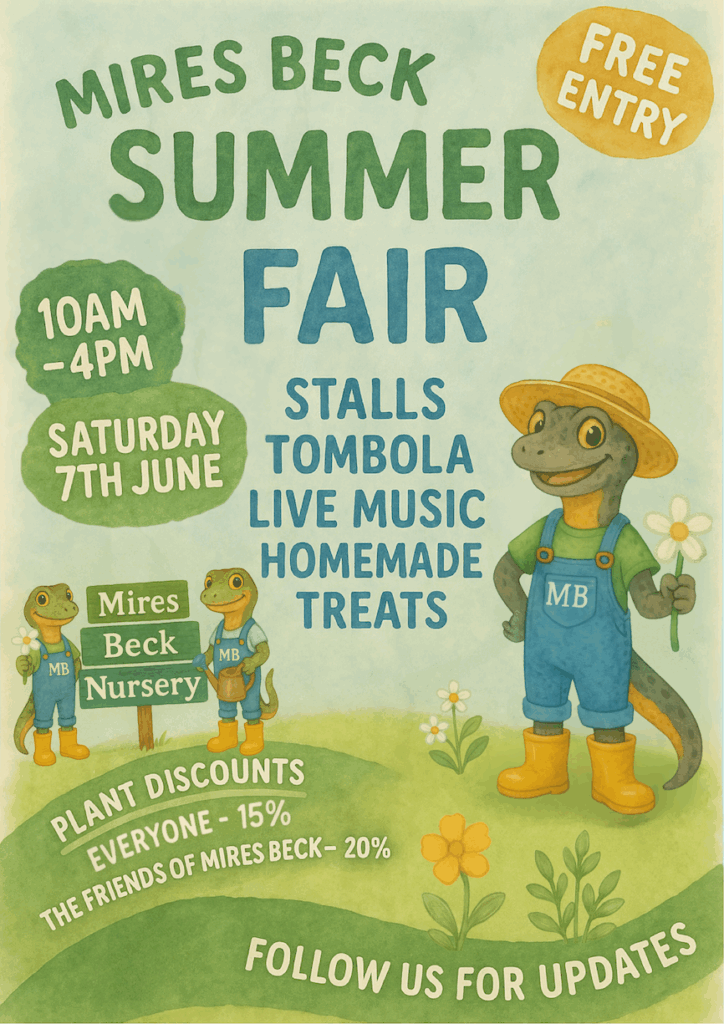Rewilding in Action: YRN Summer Site Visits 2025
Yorkshire Rewilding Network have announced this year’s programme of visits to rewilding sites across the region. Interested participants should get their diaries out and start planning! There are lots of new places to explore as well as a few favourites (that includes the Cropton beaver project which always books up fast!).
It’s an inspiring mix – from wetlands to wildflower meadows, country estates to urban gardens – so there should be something for everyone. This is a fantastic opportunity for visitors to see rewilding for themselves and meet other rewilding enthusiasts in person.
There is more information on the YRN events page, as well as the ability to book attendance on Eventbrite.





